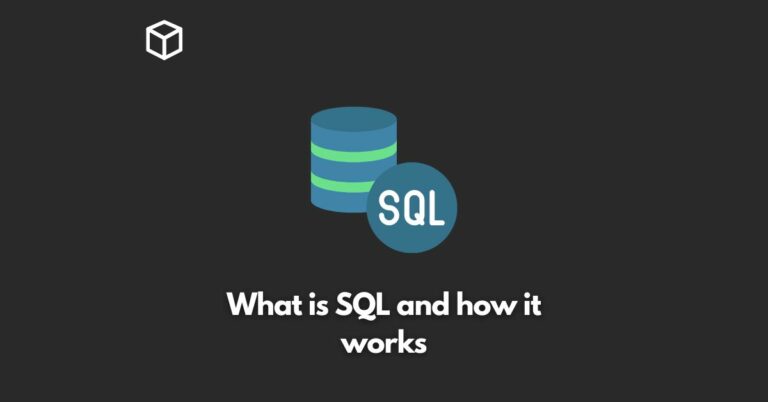As a website owner or a web developer, it is important to be aware of the various types of browsers and devices that your website visitors are using.
This information can be obtained through the user agent.
A user agent is a string of text that is sent by the browser to the server, providing information about the browser and operating system.
In PHP, you can easily retrieve the user agent using the built-in $_SERVER[‘HTTP_USER_AGENT’] superglobal variable.
This variable contains the complete user agent string that the browser sends to the server.
With this information, you can write code to target specific browsers or devices, or even redirect users to different pages based on their user agent.
Here’s an example of how you can use the user agent to display a message to the user:
$user_agent = $_SERVER['HTTP_USER_AGENT'];
if (strpos($user_agent, 'Firefox') !== false) {
echo "You are using Mozilla Firefox";
} elseif (strpos($user_agent, 'Chrome') !== false) {
echo "You are using Google Chrome";
} else {
echo "You are using another browser";
}In the above code, the strpos() function is used to search for specific substrings in the user agent string.
If the string is found, a message is displayed to the user.
You can also use the user agent to redirect users to different pages based on their device or browser.
For example:
$user_agent = $_SERVER['HTTP_USER_AGENT'];
if (strpos($user_agent, 'Mobile') !== false) {
header("Location: mobile.php");
exit;
} elseif (strpos($user_agent, 'Chrome') !== false) {
header("Location: chrome.php");
exit;
} else {
header("Location: other.php");
exit;
}In this example, if the user is using a mobile device, they will be redirected to the mobile.php page.
If they are using Google Chrome, they will be redirected to the chrome.php page, and if they are using another browser, they will be redirected to the other.php page.
In conclusion, retrieving the user agent in PHP is a simple process that can provide valuable information about your website visitors.
This information can be used to create a better user experience for your visitors, by tailoring the content or layout of your site based on their device or browser.




